Ramaphosa Fires DA Deputy Minister Andrew Whitfield
South Africa's already tense political scene got even bumpier as President Cyril Ramaphosa abruptly booted Andrew Whitfield, the Democratic Alliance's (DA) Deputy Minister of Trade, Industry and Competition, from the cabinet. The move was confirmed by Ramaphosa's spokesperson, Vincent Magwenya, who backed it up with a nod to the Constitution—yes, the president does have the power to hire and fire ministers as he sees fit. But it’s way more than a legal technicality. It's being seen as a shot across the bow in the uneasy power-sharing deal that's holding South Africa’s Government of National Unity together.
The official excuse for Whitfield’s ouster? Reports say he traveled internationally earlier this year without the proper green light from the top. The DA isn’t buying it. In fact, party insiders are calling the reason flimsy, even pretextual, basically accusing the presidency of gunning for a DA scalp over coalition friction rather than a bureaucratic hiccup. Helen Zille, the DA’s Federal Chair, didn’t waste any time. She called the party’s heavy-hitters to an emergency Federal Executive meeting and whipped out a hard 48-hour ultimatum for Ramaphosa. The DA wants clear, official answers—fast—or else. What "or else" means, nobody's quite sure yet, but you can bet it’s serious enough to put the pressure on the president.
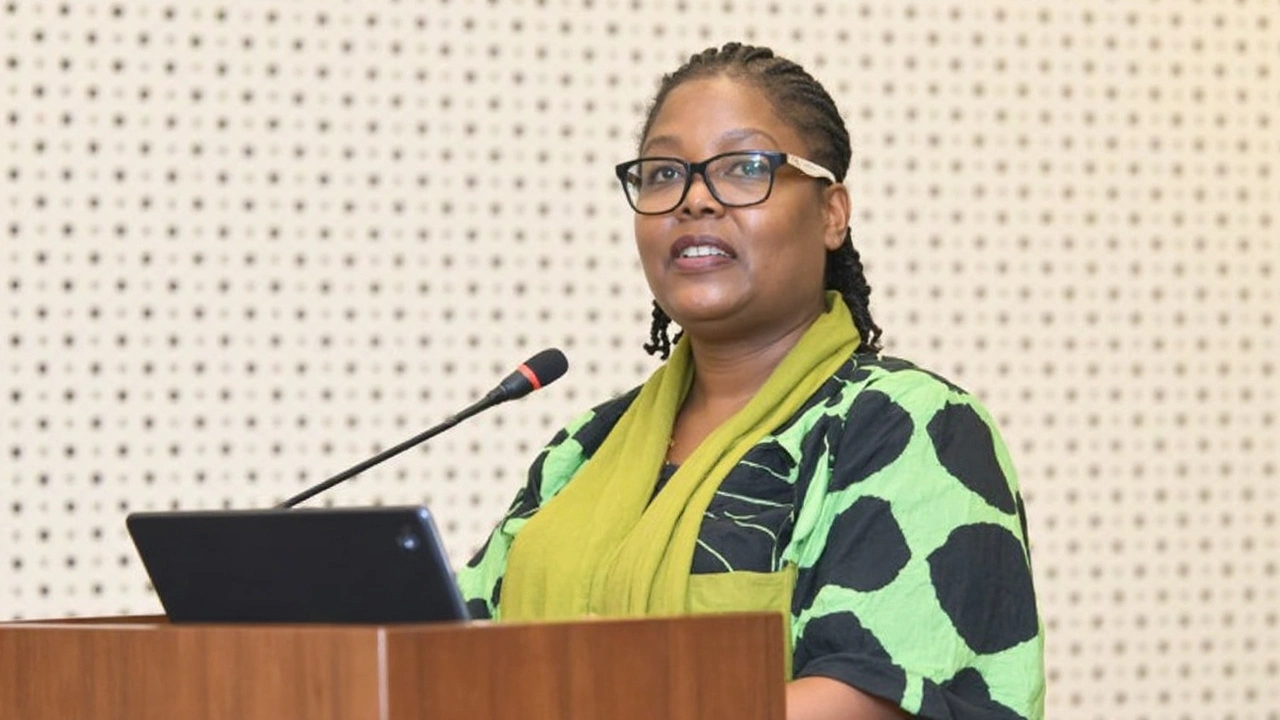
Coalition Woes: ANC Ministers Under Fire, DA Feels Targeted
The timing for such open conflict couldn't be worse. Ramaphosa’s decision has come under fire since he’s kept ANC ministers like Higher Education Minister Nobuhle Nkabane and Human Settlements Minister Thembi Simelane in place—even as they face their own scandals and public outcry. While the DA claims their man was pushed out over a technicality, these ANC ministers remain firmly seated, despite fierce criticism in Parliament and the press. That’s got DA leaders and their supporters crying foul, questioning if the coalition agreement is being followed or simply used for political leverage. The perception bubbling up? The president picks and chooses who bears the consequences, and DA officials are more expendable than their ANC counterparts.
Vincent Magwenya tried to cool speculation by insisting this wasn’t part of a wider cabinet shake-up—just a one-off move to enforce standards. But if that was meant to calm things down, it hasn’t really worked. Coalition partners, government officials, and even members of the public are buzzing with theories about fractures inside the GNU. The DA’s top brass are already hinting at a “serious breach of trust,” with warnings that this firing could upend the fragile multi-party alliance the country’s been relying on for some much-needed political stability.
Right now, everyone’s watching and waiting to see who blinks first: will Ramaphosa provide the answers the DA is demanding, or is this the first big crack in South Africa’s ambitious coalition experiment?
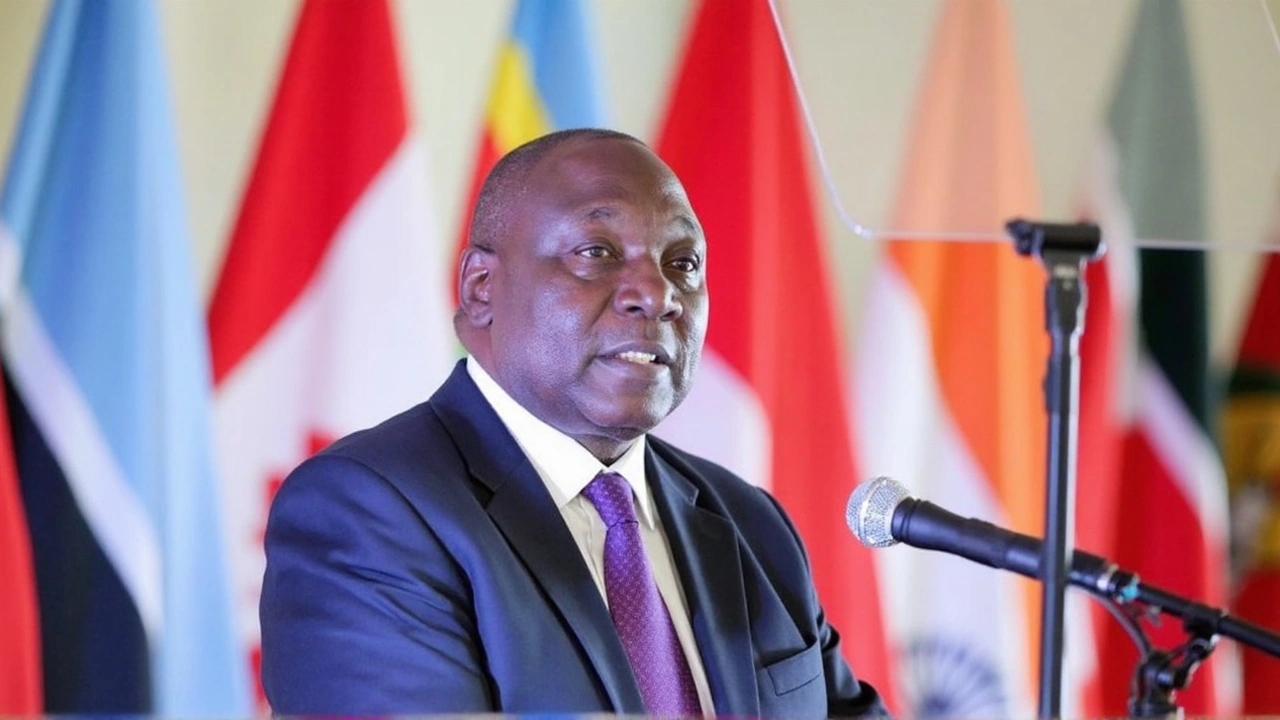
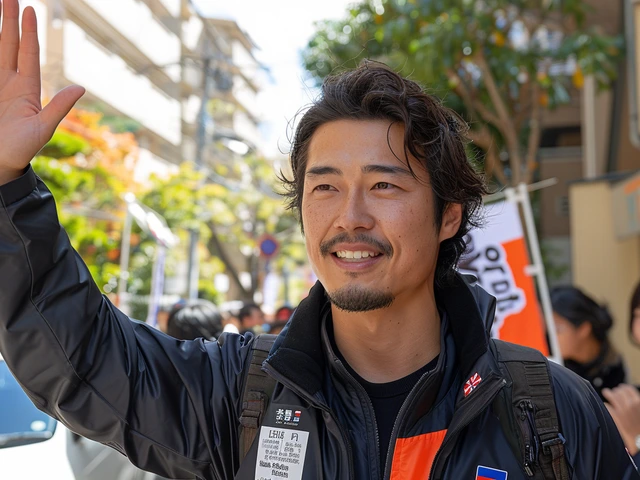
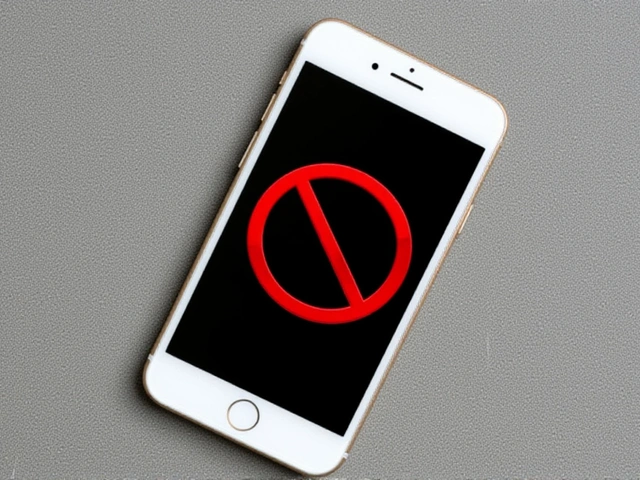
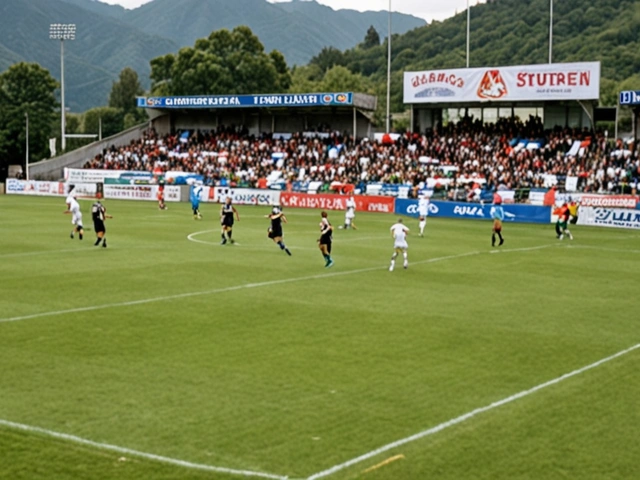
The removal of the DA deputy minister highlights the fragile equilibrium that the coalition government is trying to maintain.
The decision inevitably puts pressure on the power‑sharing agreement that underpins the current administration.
Seeing this happen so suddenly feels like a warning shot across the bow for the DA, and the party’s reaction seems justified, even if some details feel a bit stretched.
It’s clear that the president is using procedural grounds to send a political signal, and the opposition isn’t about to let that slide without a fight.
We’ll have to watch the next moves closely, because the stakes are high for both sides.
The firing of Andrew Whitfield can be read as a micro‑cosm of the broader tensions that have been simmering since the formation of the Government of National Unity.
While the constitution grants the president authority to appoint and dismiss ministers, the political cost of exercising that power in a coalition context is far more complex.
Historically, coalition partners have relied on mutual restraint to preserve a functional government, especially in a nation still grappling with economic challenges.
In this case, the justification offered-unauthorised travel-mirrors tactics that have been employed in other parliamentary systems to sideline dissenting voices.
Critics argue that the real motive lies in signaling to the Democratic Alliance that its leverage is limited when the African National Congress holds the executive mantle.
Such a perception, if accurate, could erode trust among the partners and destabilise the delicate power‑sharing arrangement.
Moreover, the selective enforcement of standards-where ANC ministers facing their own controversies remain untouched-highlights a double standard that fuels resentment.
The opposition’s response, including emergency meetings and ultimatums, underscores how seriously they view the breach.
From a governance perspective, frequent cabinet reshuffles can undermine policy continuity, particularly in portfolios as crucial as trade and industry.
Investors and international partners may interpret this as political volatility, potentially affecting foreign direct investment inflows.
On the domestic front, citizens already disillusioned with corruption scandals might see this as another example of elite infighting rather than genuine accountability.
If the president chooses to engage in a transparent dialogue, providing concrete evidence of the alleged misconduct, it could mitigate some of the fallout.
Conversely, a continuation of opaque decision‑making would likely deepen the fissures and could precipitate a constitutional crisis.
The situation also raises questions about the future of the GNU: whether it can withstand such confrontations or will eventually crumble under political pressure.
Ultimately, the outcome will depend on how both sides balance principle with pragmatism, and whether they can find a path that preserves stability while respecting the democratic process.
Whoa, this is a bold move! The coalition just got a serious jolt, and it’s sparking a lot of heated debate.
Wow!!! This could totally change the dynamics of the cabinet, and honestly, it feels like a strategic power play, you know??
Everyone’s talking about the “travel without approval” excuse-definately a bit shaky, but maybe there’s more under the surface.
Enough with the polite talk-this is a blatant power grab! The president is picking on the DA while letting his own party members off the hook.
If he wants to keep the coalition afloat, he needs to play fair, not trash the opposition for political leverage.
Nice move.
They fire him and keep others. Not fair.
The precedent this sets could undermine coalition trust and destabilize governance
Look, the constitution does give the president that leeway, but using it to tip the scales in a power‑sharing deal is risky.
If the ANC starts cherry‑picking who gets punished, the whole GNU might fall apart faster than anyone expects.
Totally get where you’re coming from, the timing does feel off and the DA’s reaction is understandable.
Let’s hope some clear answers come out soon.
Really exciting conversation! Even though it’s tense, this could lead to a stronger coalition if both sides step up and find common ground.
While the emotive language captures sentiment, a more nuanced assessment suggests that institutional checks may yet moderate any unilateral actions.
Absolutely, the double standard is glaring 😠 and it’s high time the narrative reflects that imbalance.
Good point the trust factor is huge and it can’t be ignored we need transparency now
You raise solid concerns about the potential fallout and it’s crucial we keep an eye on how this develops.
The president’s decisive action reaffirms the primacy of national interests over partisan bargaining, a stance that should be lauded rather than questioned.
Wow what a drama this is, like every other political soap opera we’ve seen.
While it’s easy to dismiss the event as mere drama, the underlying implications for governance and economic policy are far from trivial. The dismissal could serve as a catalyst for much‑needed reforms within the trade ministry, prompting a fresh evaluation of current strategies. Moreover, public attention on this issue might pressure the administration to adopt greater transparency, which, in turn, could restore some confidence among investors. If the coalition can navigate this turbulence constructively, it may emerge stronger and more resilient. Therefore, rather than merely viewing this as sensationalism, we should consider the possible positive outcomes that could arise from this seemingly chaotic episode.
Honestly, I think everyone’s overreacting-politics is always messy, and this is just another bump on the road.